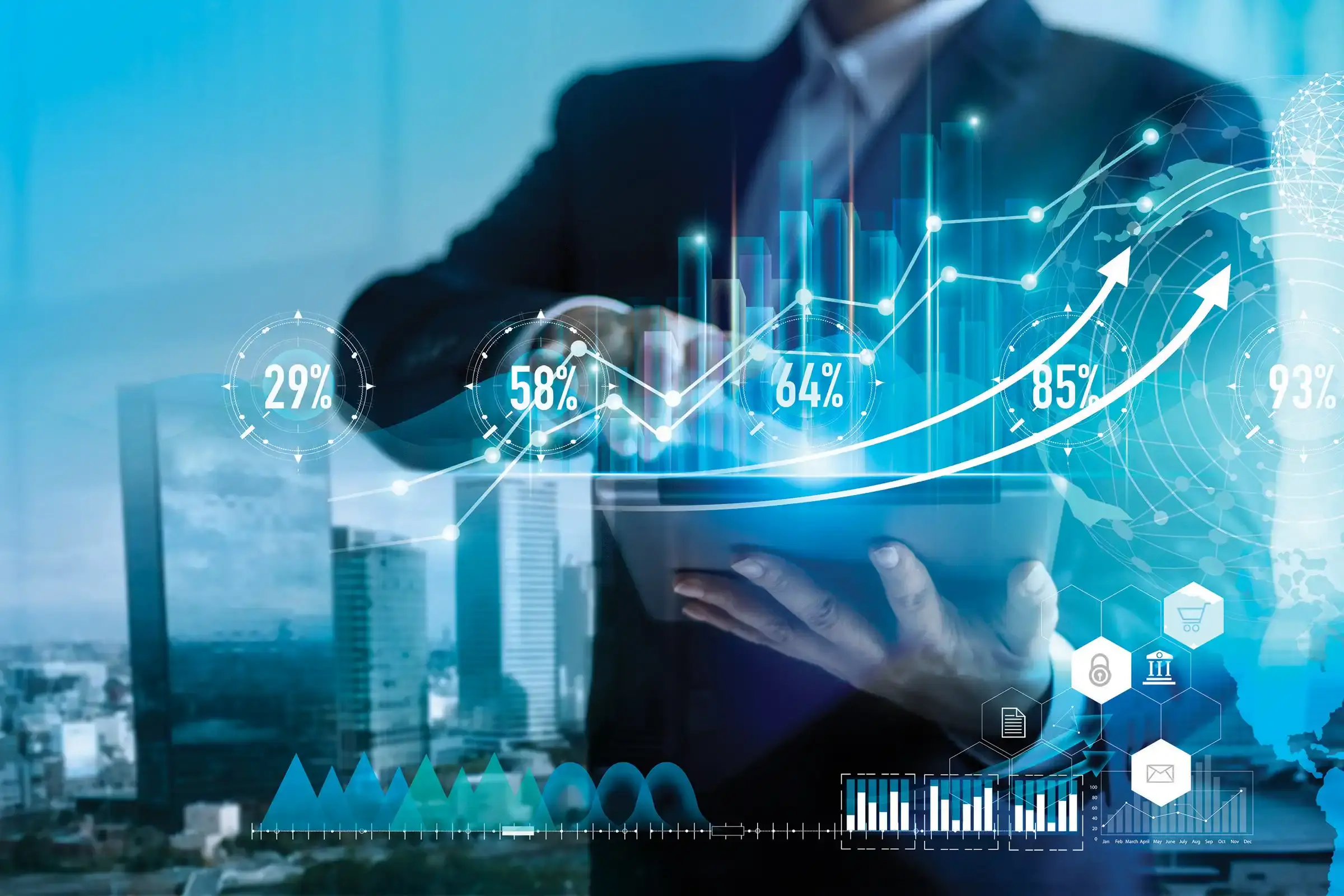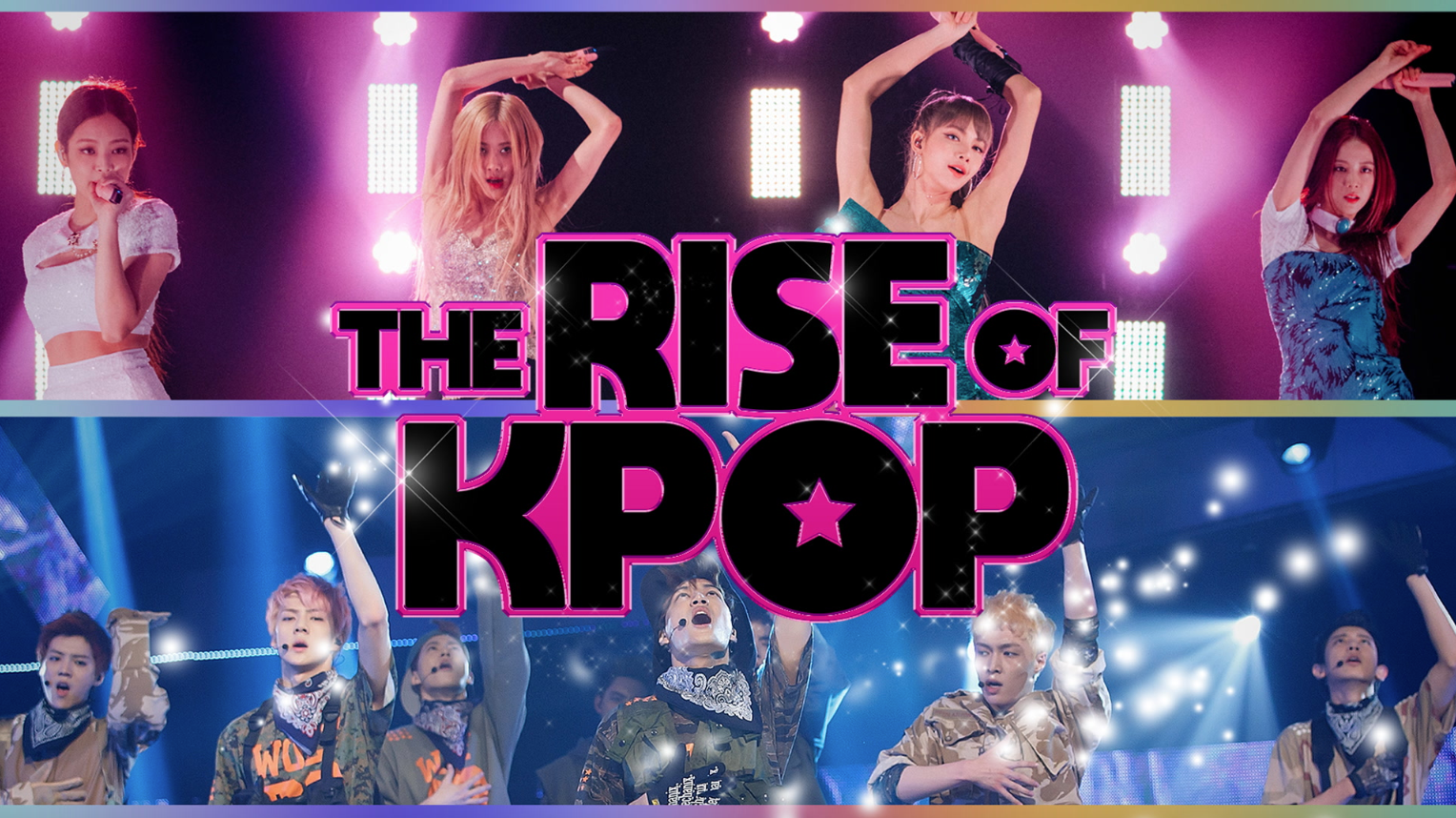Artificial Intelligence is revolutionizing industries by boosting efficiency, reducing costs, and driving innovation. From healthcare to finance, AI is enhancing operations and decision-making, offering businesses new opportunities to stay competitive.
Artificial Intelligence (AI) has become one of the most transformative technologies of the 21st century. It’s revolutionizing industries across the globe, reshaping the way businesses operate, and enhancing the ways in which people interact with technology. From healthcare and finance to retail and manufacturing, AI is driving innovation, creating efficiencies, and providing new opportunities for growth. As AI continues to evolve, its potential is vast, and its impact is far-reaching.
What is Artificial Intelligence?
At its core, Artificial Intelligence refers to machines or software that can mimic human intelligence. This involves the ability to learn from data, adapt to new information, and perform tasks that typically require human cognitive functions such as reasoning, problem-solving, and decision-making. AI can be classified into several categories:
- Narrow AI (Weak AI) – AI systems designed to perform a specific task or a narrow range of tasks. For example, facial recognition software or recommendation algorithms used by streaming services.
- General AI (Strong AI) – Hypothetical AI that can perform any intellectual task that a human can do, including understanding and reasoning in a broad range of contexts. General AI is still in the realm of research and development.
- Machine Learning (ML) – A subset of AI that allows systems to learn from data without explicit programming. Through algorithms, ML systems identify patterns and make predictions or decisions based on new data inputs.
- Deep Learning – A specialized form of machine learning that uses neural networks with many layers to analyze various levels of data complexity. It’s the technology behind advancements like image recognition, speech-to-text, and self-driving cars.
How AI is Transforming Industries
- Healthcare AI is revolutionizing healthcare by improving diagnostics, personalizing treatment, and optimizing hospital operations. Machine learning models can analyze medical images with higher accuracy than traditional methods, helping doctors identify diseases like cancer earlier. AI-powered tools also assist in drug discovery, identifying potential compounds that could become life-saving medications. Additionally, AI helps streamline administrative tasks, reducing costs and allowing healthcare professionals to focus more on patient care.
- Finance In the financial sector, AI is enhancing customer service, reducing fraud, and improving investment strategies. Algorithms can analyze market data in real-time, predict trends, and assist in making smarter investment decisions. AI-powered chatbots are improving customer experience by providing 24/7 support and responding to queries. Furthermore, AI systems can detect unusual patterns in transaction data, helping to identify and prevent fraudulent activities before they cause significant harm.
- Retail Retailers are utilizing AI to improve the customer shopping experience and optimize inventory management. Personalized recommendations, based on customers' browsing and purchasing behaviors, drive more sales. AI-powered chatbots can assist shoppers with product inquiries and guide them through the purchasing process. Moreover, predictive analytics is used to optimize stock levels, ensuring that popular products are always available while minimizing excess inventory costs.
- Manufacturing AI is helping manufacturing companies enhance production efficiency, reduce waste, and increase product quality. AI-powered systems can predict when machinery is likely to break down, allowing companies to perform proactive maintenance, thus avoiding costly downtime. In addition, AI algorithms are used in the design and testing phases of product development, ensuring that products are optimized for performance and efficiency before they even hit the production line.
- Transportation and Logistics The transportation industry is also being transformed by AI. Self-driving cars, trucks, and drones are all becoming increasingly viable, thanks to advancements in AI and machine learning. These autonomous vehicles are set to reduce human error, improve safety, and lower operational costs. AI is also being used to optimize logistics and supply chain management. Predictive algorithms analyze traffic patterns, weather conditions, and other factors to determine the most efficient routes and delivery times, improving delivery speed and customer satisfaction.
- Education AI in education is enhancing both teaching and learning experiences. Personalized learning platforms powered by AI analyze a student’s progress and adapt the curriculum accordingly to meet their specific needs. AI-driven tools help automate administrative tasks, such as grading and scheduling, allowing teachers to focus more on interactive teaching. Virtual tutors and AI chatbots assist students in real-time, answering questions and providing additional support when necessary.
- Customer Service One of the most visible applications of AI is in customer service. AI-powered chatbots and virtual assistants can handle customer inquiries, provide product recommendations, and solve problems without the need for human intervention. These systems are available 24/7, providing quick, efficient service while reducing operational costs. Additionally, AI is being used to analyze customer feedback and sentiment, helping businesses improve their products and services.
Benefits of AI
- Increased Efficiency: AI automates repetitive tasks, reduces human error, and speeds up decision-making processes, leading to improved productivity across various sectors.
- Cost Reduction: By streamlining operations and reducing the need for human labor in certain tasks, AI helps businesses cut costs and maximize profits.
- Improved Accuracy: AI systems can process vast amounts of data and identify patterns that would be difficult for humans to detect, leading to more accurate predictions, diagnoses, and decisions.
- Innovation: AI drives innovation by enabling the creation of new products, services, and business models. As AI systems continue to evolve, they unlock new possibilities for industries that were previously unimaginable.
The Future of AI
As AI technology continues to advance, the potential applications will expand exponentially. Researchers are working on making AI systems more intelligent, flexible, and capable of handling more complex tasks. The future of AI holds exciting possibilities, including the development of fully autonomous systems, smarter robots, and even more sophisticated healthcare technologies.
However, along with these advancements come ethical and societal challenges. As AI systems become more powerful, it is essential to consider their impact on privacy, employment, and decision-making. Striking a balance between innovation and responsibility will be key to ensuring that AI benefits society as a whole.
Conclusion
Artificial Intelligence is no longer just a futuristic concept – it’s a present-day reality that is transforming industries and shaping the future. As AI continues to evolve, its impact on business, society, and daily life will only grow. By embracing AI technologies, businesses can unlock new opportunities, improve efficiencies, and drive innovation. However, it is crucial to approach the development and implementation of AI thoughtfully, ensuring that its benefits are realized in a responsible and ethical manner.








